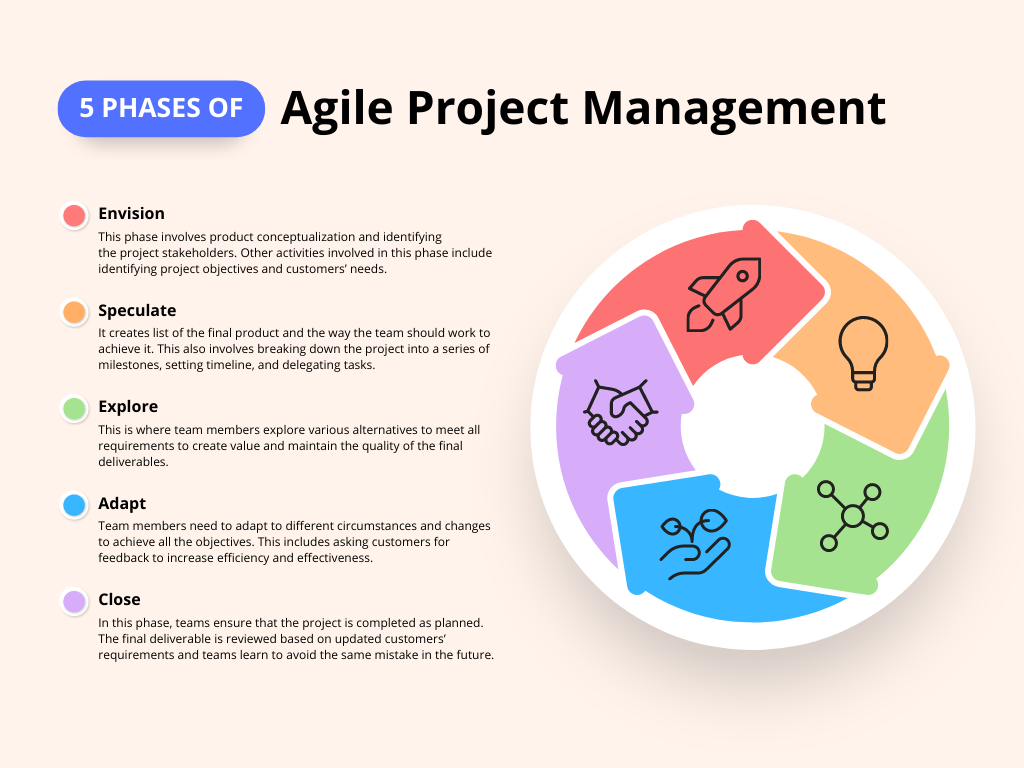Introduction to Career Advancement Strategies in Tech
Making it big in the tech world is about more than just having the right skills. It’s also about smart strategies to push your career forward. Think of the tech industry as a giant game of chess. To win, you need to make the right moves at the right times. Career advancement strategies are those moves. They include building a solid professional network, constantly upgrading your skills, and knowing when to push for a promotion or seek new opportunities. It’s not just about working hard; it’s about working smart. The tech field changes fast, meaning what worked yesterday might not cut it today. To climb the ladder, stay on top of industry trends, and adapt your game plan as needed. This way, you’ll not only survive in the tech jungle but thrive.
Identifying Your Career Goals in High-Earning Tech Roles
Knowing what you want is crucial before diving deep into the tech industry. It’s all about setting clear goals. Ask yourself, where do you see yourself in the tech world? Is it coding the next big app, protecting data from cyberattacks, or maybe designing user-friendly websites? You narrow down your path by identifying your interests and where you aim to be. This clarity helps in focusing your efforts on specific skills and roles. For example, mastering languages like Python or Java becomes your priority if you dream of software development. On the other hand, if cybersecurity excites you, then understanding network security and encryption would be key. Remember, the tech field is vast. Without a clear goal, it’s easy to get lost. So, take a moment, reflect on what drives you, and set a clear target. This is your first step toward breaking into those high-earning tech roles.
Essential Skills for High-Earning Tech Positions
To break into high-earning tech roles, mastering a set of crucial skills is non-negotiable. First off, get comfortable with coding. Whether Python, JavaScript, or Ruby appeals to you, pick one and dive deep. Next up, cloud computing knowledge is gold. Companies are moving en masse to the cloud, and they need experts. Don’t sleep on cybersecurity, The bottom line is to blend tech savvy with people skills, and you’re golden. either. As threats evolve, so does the demand for savvy defenders. Machine learning and data analysis are two more skills that can set you apart. They’re all about making sense of data and predicting future trends. And let’s not overlook soft skills like communication and teamwork. Tech isn’t just about what you know; it’s about how you work with others to solve problems. The bottom line is to blend tech savvy with people skills, and you’re golden.
Networking Strategies That Open Doors in Tech
Networking is your golden ticket in the tech industry. It’s not just about who you know but also who knows you. Start with LinkedIn, the tech world’s hangout spot. Make your profile catchy but professional. Connect with industry leaders, but don’t just add them; interact with their posts, share your thoughts, and show you’re engaged in the field. Attend tech meetups, conferences, and webinars. These are goldmines for meeting people in real time. Don’t just be a wallflower; ask questions, share your insights, and collect contacts. Remember, it’s about quality, not just quantity. Build genuine relationships. Help others without expecting a return. Maybe share an interesting article, or offer your skills for a quick project. These actions make you memorable. Lastly, keep in touch. Send a friendly note or an interesting read now and then. These strategies are simple but effective. They demonstrate your passion, expertise, and willingness to contribute. That’s what opens doors in tech.
Building a Strong Online Presence for Career Growth
In today’s digital age, your online presence is your career billboard. To snag top tech roles, you’ve got to shine online. Here’s how: First, clean up your social media. If it wouldn’t make your grandma proud, delete it or hit private. Next, LinkedIn is your best friend. Optimize your profile. Make sure your experience and skills are up to date. Add a professional photo and a catchy headline. Engage with your industry. Share articles, comment on posts, and join discussions. This shows you’re not just a participant but an active thinker in your field. Start a tech blog or a YouTube channel. Share your projects, thoughts on tech news, or tutorials. It positions you as a knowledgeable insider. Remember, consistency is key. Regular updates and interactions build your online brand. Think of your online presence as your digital handshake. Make it strong, confident, and impressive. It’s not just about being seen. It’s about being remembered and for the right reasons.
The Importance of Continuous Learning and Certifications
In the tech world, standing still is the same as moving backward. The sector evolves fast, meaning what’s in demand today might be yesterday’s news tomorrow. So, how do you stay relevant? Simple. Keep learning and rack up those certifications. Continuous learning doesn’t just keep your skills sharp; it tells potential employers you’re serious about your career and always ready to level up. Whether it’s a new programming language, a project management certification, or a course in cybersecurity, each new skill or certificate you add to your resume is like a signal flare to high-earning tech roles, saying, “I’m the one you’re looking for.” Plus, in a field where technology advancements happen at lightning speed, certifications can validate your expertise in areas that degrees might not cover. They show you’re not just keeping up—you’re leading the charge. Trust us, in the tech world, that kind of initiative doesn’t just open doors; it breaks them down.
Tips for Crafting an Impressive Tech Resume
Crafting an impressive tech resume isn’t just about listing your skills and experiences; it’s about showcasing them in a way that makes you stand out. First, be concise. Hiring managers skim through lots of resumes, so get straight to the point. Highlight your technical skills right at the top. Whether it’s programming languages, software, or platforms you’re proficient in, make sure these are front and center. Tailor your resume for the job you’re applying for by using keywords from the job description. This customization can make your resume more relevant and attractive to potential employers. Next, show not just what you did but how you made a difference. Include specific projects you worked on and quantify your achievements. Saying you “improved system efficiency by 20%” is much more impactful than just stating you “worked on system efficiency.” Also, don’t forget to mention any collaboration with teams or leadership roles, as tech roles often require strong teamwork and management skills. Finally, keep your resume clean and easy to read. Use a simple format and avoid any unnecessary jargon that could confuse hiring managers who might not be as tech-savvy. Remember, your resume is your foot in the door; make sure it opens the right way.
Acing the Interview: Strategies for Success
Ace that tech interview with the right moves. It’s not about showing off a suit of jargon but understanding what the role demands and how your skills match. Research the company extensively. What’s their mission? Their latest project? Show you’re not just there for a paycheck. Know your resume inside out. If it’s on there, expect to discuss it. This means projects, skills, and even those side gigs. Be ready to solve problems on the spot. Tech interviews often throw in a live problem-solving session. Think aloud and show your reasoning. It’s less about the perfect answer and more about your thought process. Practice common tech questions but also be ready for curveballs. Lastly, ask them questions too. It shows you’re serious about fitting into their world. Remember, confidence speaks volumes, but pair it with humility. You’re not just ticking boxes; you’re showing them why you’re the piece they’re missing.
Navigating Job Offers and Negotiations in Tech
Getting a job offer in tech is thrilling, but don’t rush. The real skill is in negotiating that offer to your advantage. Most companies expect some back-and-forth, so come prepared. First, understand your worth. Research the average salary for the role in your area and consider your skills and experience. Don’t just focus on salary, though. Benefits like work flexibility, stock options, and education allowances can be gold. When discussing the offer, be clear but polite. Express excitement about the role while highlighting your value. “I’m really excited to contribute to the team and feel my experience with X and Y will bring a lot to the table. Given my background, I was hoping we could discuss a slightly higher salary.” Finally, if you hit a wall, it’s not the end. Sometimes a “no” to more money means a “yes” to more vacation or remote work days. Remember, every negotiation is a step toward understanding your market value and honing your skills for the next big offer.








